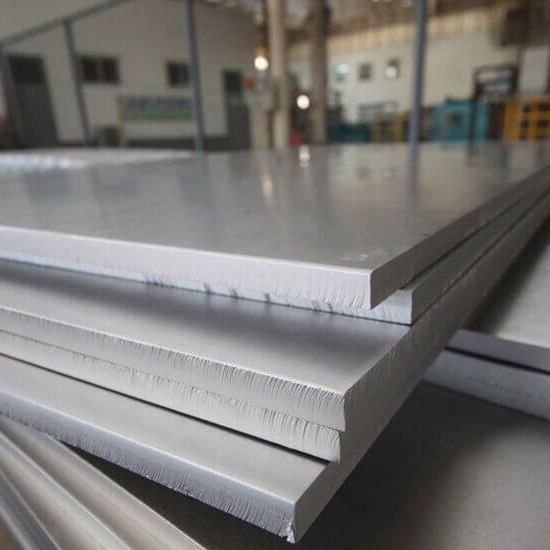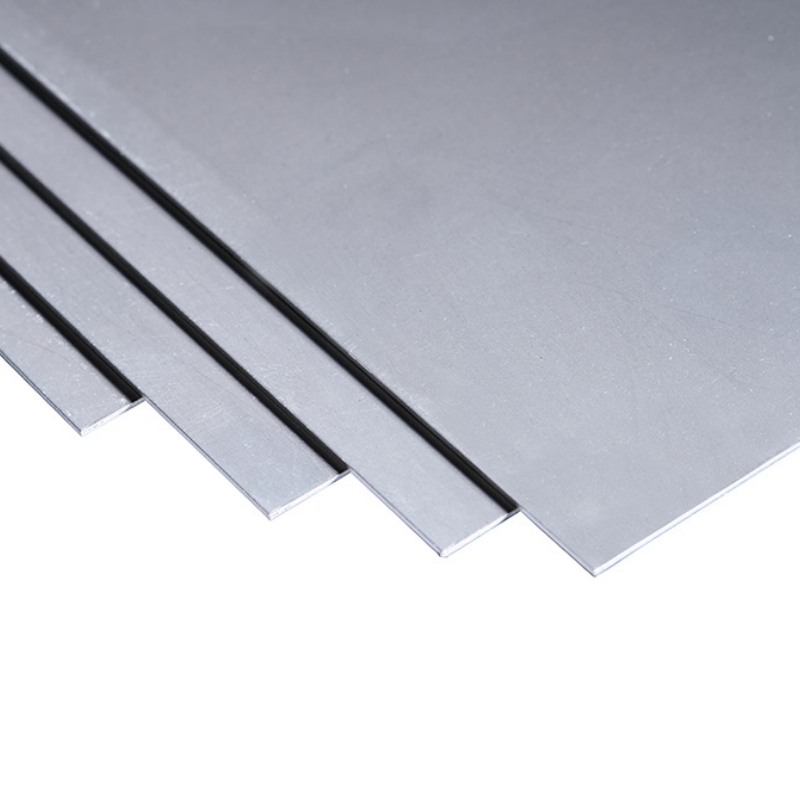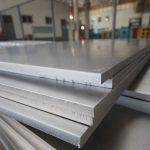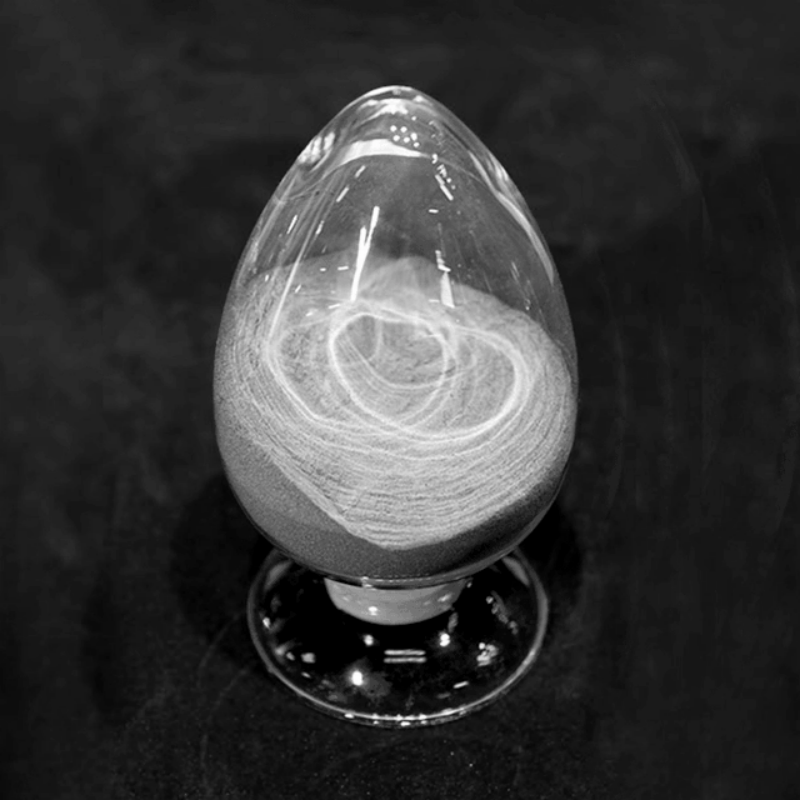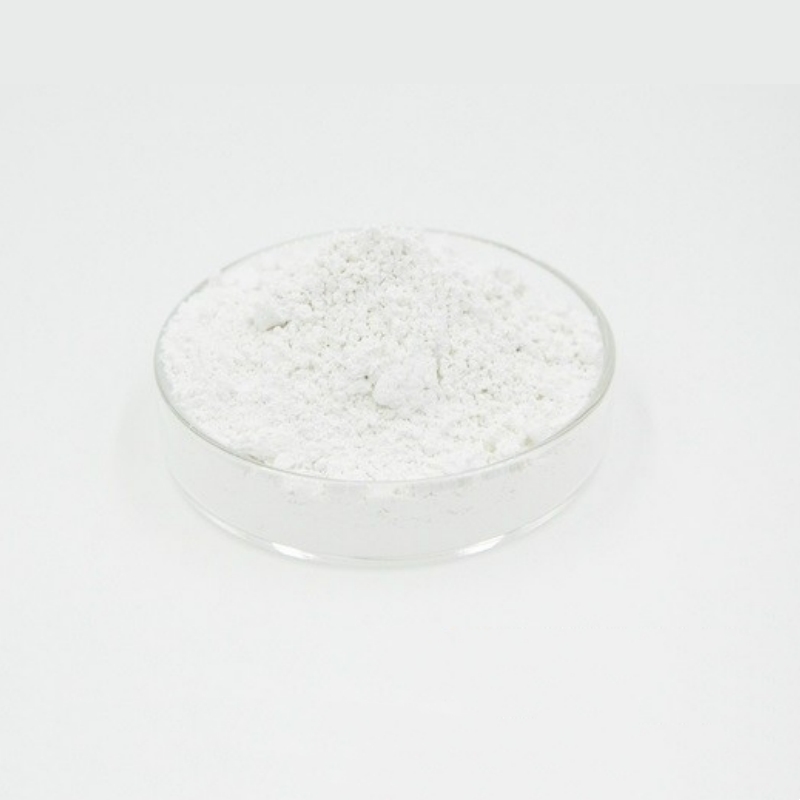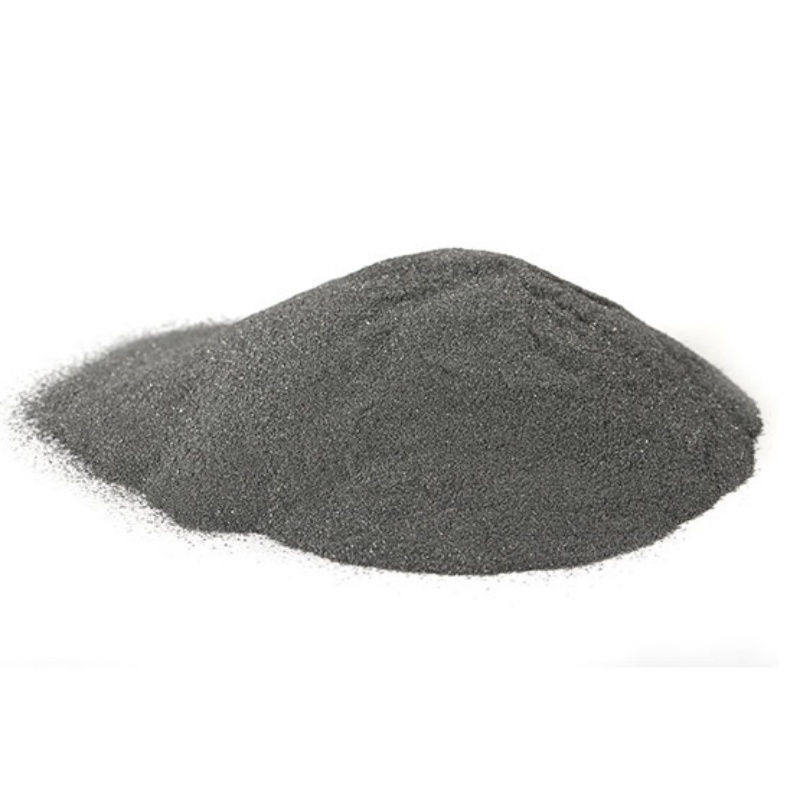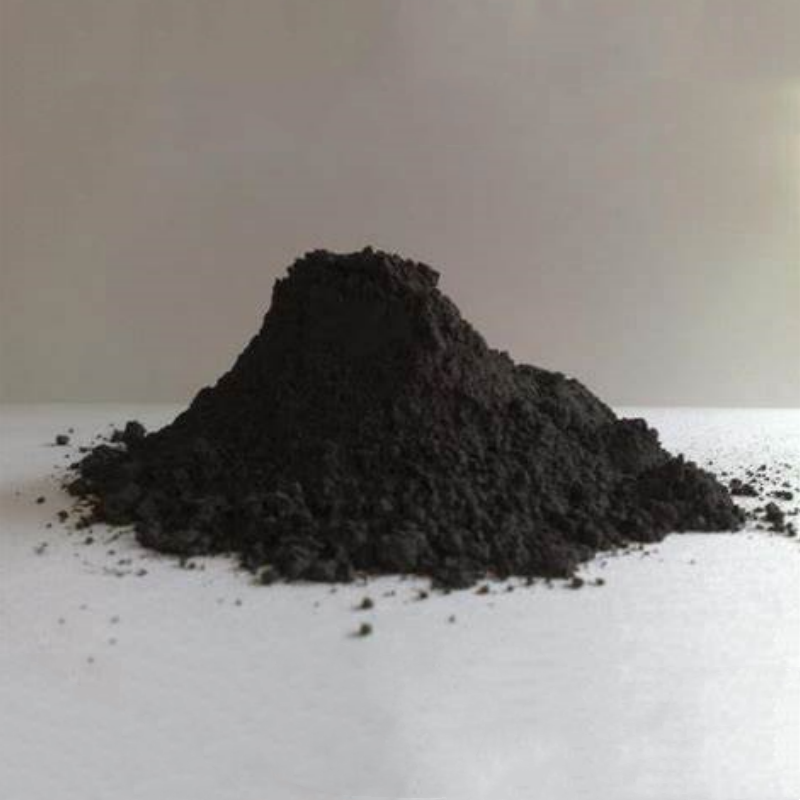Product Overview
Titanium sheets are made from high-purity titanium metal and offer excellent physical and chemical properties. With a density of 4.506 g/cm³, a melting point of 1668°C, and a boiling point of 3287°C, titanium exhibits excellent high-temperature resistance and corrosion resistance. Titanium sheets are widely used in aerospace, military, chemical, and medical industries. Thanks to their good machinability and high plasticity, titanium sheets are often used in precision components and applications that require high strength.
Key Features
- High Purity: The purity of titanium sheets ranges from 4N to 5N, ensuring the material's stability and high performance in demanding environments.
- High-Temperature and Corrosion Resistance: With a high melting and boiling point, titanium remains stable in high-temperature environments. Its natural oxide layer also provides excellent protection against corrosion, especially in seawater and against strong acids and bases.
- Lightweight and High Strength: Titanium is both lightweight and strong, making it ideal for applications that require strict weight limitations.
- Good Machinability: Titanium can be easily processed using traditional machining methods, and its high plasticity at different purities allows for easy shaping.
Applications
- Aerospace: Titanium alloy sheets are widely used in aircraft engines, rocket, and missile components due to their high strength, heat resistance, and good toughness.
- Military: Titanium sheets are used to manufacture high-strength components for weapons systems, such as parts for automatic rifles, mortar bases, and other military equipment.
- Chemical and Industrial: Thanks to its corrosion resistance, titanium is commonly used in reactors, pipes, tanks, and high-pressure vessels in the chemical industry.
- Medical: Titanium sheets are used to make medical devices and implants, such as prosthetics, orthopedic implants, and dental equipment.
- Electronics and Consumer Goods: Titanium’s wear resistance and strength make it suitable for use in electronic products, jewelry, and high-end consumer goods.
| Element | Measured Value | Standard Value | Unit | Element | Measured Value | Standard Value | Unit | Element | Measured Value | Standard Value | Unit |
| Li | <0.005 | ppm | Zn | <0.02 | ppm | Pb | <0.01 | ppm | |||
| B | <0.01 | ppm | Ga | <0.05 | ppm | Bi | <0.01 | ppm | |||
| F | <0.05 | ppm | Ge | <0.005 | ppm | Tm | <0.05 | ppm | |||
| Na | <0.01 | ppm | As | 0.03 | ppm | Th | <0.0001 | ppm | |||
| Mg | 0.06 | ppm | Se | <0.05 | ppm | Er | <0.005 | ppm | |||
| Al | 0.11 | ppm | Zr | <0.05 | ppm | Ru | <0.01 | ppm | |||
| Si | 0.24 | ppm | Nb | <0.2 | ppm | Rh | <0.05 | ppm | |||
| P | <0.01 | ppm | Mo | <0.05 | ppm | Os | <0.01 | ppm | |||
| Cl | 0.23 | ppm | Pd | <0.01 | ppm | Cd | <0.05 | ppm | |||
| K | <0.01 | ppm | Ag | <0.02 | ppm | In | <0.05 | ppm | |||
| Ca | <0.2 | ppm | Sn | <0.05 | ppm | ||||||
| Ti | Matrix | wt% | Sb | <0.05 | ppm | ||||||
| V | 0.02 | ppm | Ba | <0.005 | ppm | ||||||
| Cr | 0.06 | ppm | Hf | <0.01 | ppm | ||||||
| Mn | 0.05 | ppm | Ta | source | ppm | C | <5 | ppm | |||
| Fe | 3.2 | ppm | W | <0.01 | ppm | S | 0.02 | ppm | |||
| Co | <0.01 | ppm | Pt | <0.05 | ppm | O | 250 | ppm | |||
| Ni | 0.24 | ppm | Au | <0.05 | ppm | N | 5 | ppm | |||
| Cu | 0.28 | ppm | Hg | <0.1 | ppm | H | <1 | ppm |
 new material
new material

